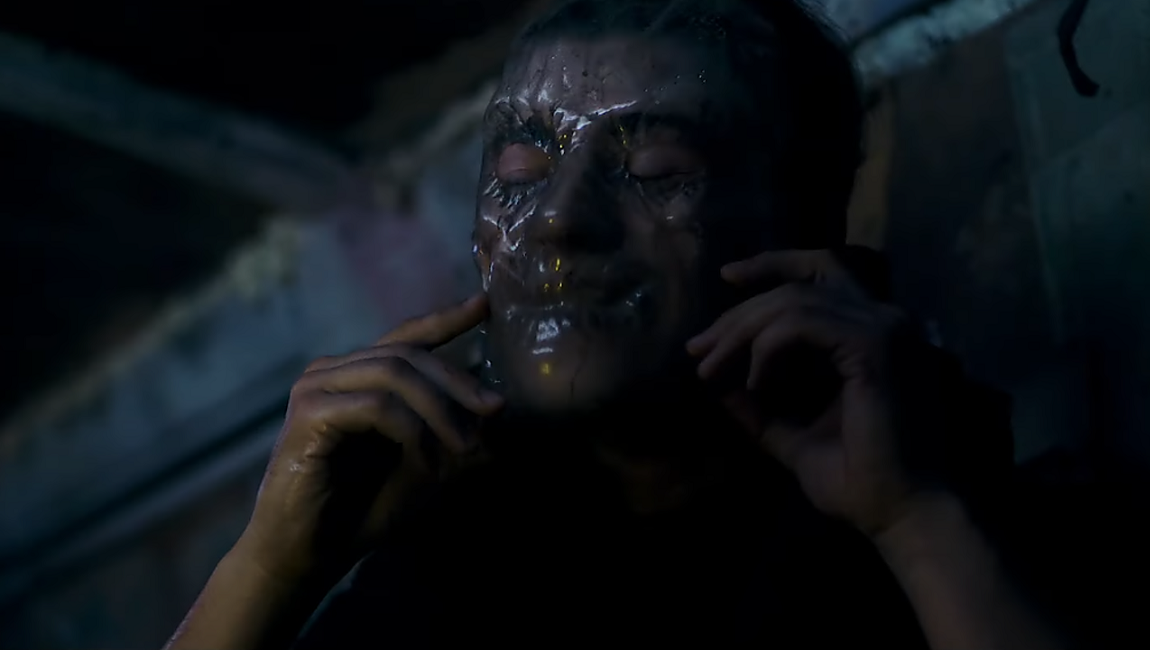Hidden Letters is a film as slight as the script it documents.
Among the slighter entries in the Tribeca line-up is Violet Du Feng and Zhao Qing’s simultaneously debut and sophomoric documentary, Hidden Letters. Taking as its subject the language of nǚ shū (女书, literally “female script/letters”), a provincial spoken and written form of communication that emerged among wives and concubines over the course of several centuries in China’s later dynastic eras and up until the 1949 revolution, the film explores the contemporary meaning, usage, and inspiration the script provides for “women in a modern China” still beholden to a legacy of enculturated sexism and patriarchy (e.g. the phrase in quotation marks just used is the subject of a debate in the film, wherein a local party council — unseen but likely predominantly male — insists a nǚ shū presentation must rather have the title “modern women in China,” presumably to communicate that women are intrinsically part of the course of social and economic development). While not spending a great amount of time introducing the historical setting and women that produced the language and script, the film strongly and expediently communicates its origins in experiences of oppression, domination, and suffering in the domestic sphere, the solidarity a form of expression illegible and of little interest to male figures. The benefits of this rather brisk treatment of history are to the work’s credit, as its interests lie clearly in how, or even if, nǚ shū may function as an analytic for evaluating the present status of women in China.
It’s this present-day analysis that is undoubtedly most resonant and provocative, with the film tracing the predicaments of two subjects: Hu Xin — a nationally and internationally recognized nǚ shū preservationist based in Jianggong, Hunan where the language emerged — and Simu — a Shanghai-based woman inspired deeply by the script to such an extent she calls off her marriage in order to pursue a life promoting it. In particular, the documentation surrounding Hu Xin’s efforts to promote the language draw out the tensions of such a niche and charged dialect being advanced in a highly commercialized and male-dominated society, and throughout the work the editing cuttingly navigates the absurd behavior of or comments made by male interviewees, passers-by, and officials in having vital roles in nǚ shū’s dissemination; challengingly and regularly juxtaposing these actions and comments with the wearied and sullen glances or profound snippets of conversation had by the female subjects. There’s a damning and accurate condemnation of a nation’s superficiality and the male population’s often casual cluelessness that is regularly striking, with Simu’s portions of the work highlighting the practical, everyday consequences of being seized by the ideas of female empowerment and self-actualization the language has come to represent for her — a transformation of long-suffering solidarity into an expression of open protest. No doubt Feng and Zhao could have pressed more clinically into certain aspects of the yearning its female subjects express regarding traditional relationship values, comments made by elderly nǚ shū speakers on the language being entirely different in the present day, and maybe even the class disparities in the women who can latch on to the language as a liberating expression and those who cannot. But all of this would be to demand a different film. As it stands, this is a work as slight as the script it documents and unfortunately worthy of roughly just as much attention.
Published as part of Tribeca Film Festival 2022 — Dispatch 3.







